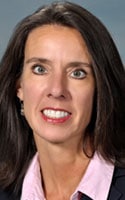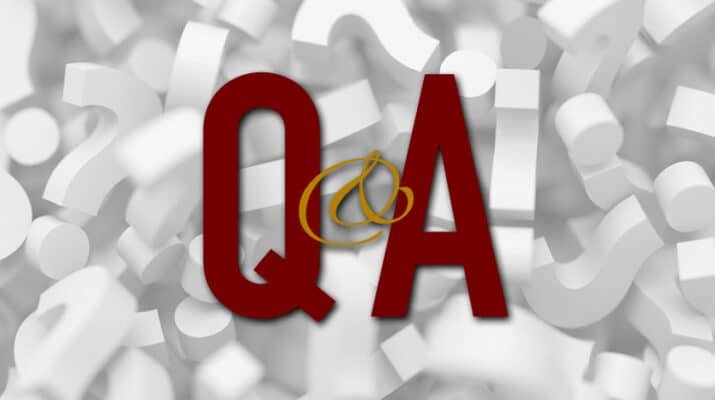CEO of ARISE discusses the agency’s work, the personal reasons that drive so much of her efforts there, and how ARISE, with 830 employees, has been impacted during the pandemic
By Mary Beth Roach

Q: Can you provide us with an overview of ARISE?
A: ARISE is an independent living center. We serve people of any age with any kind of disability, and we’re organized by people with disabilities. We’re a non profit that operates in Onondaga, Oswego, Madison, Cayuga and Seneca counties, with offices throughout that area. We provide services for people with developmental disabilities, physical disabilities, sensory disabilities, mental health diagnoses. What sets us apart from other human service agencies is that, as an independent living center, we embrace the independent living philosophy which is putting the person at the center and in control of everything we do. The person coming to ARISE for services, they decide what services and supports make sense in their life, what they want their life to look like. Then our staff puts the pieces together to help achieve those goals.
Q: What kind of services do you offer?
A: We have a mental health clinic, which is outpatient and behavioral health services; we have a main location in Syracuse and in Fulton, and satellite locations throughout the community, and almost two dozen school locations. We have services for people with development disabilities, which range from employment services to helping them learn activities of daily living to recreation programs. We have access and advocacy services for people with physical disabilities that help them apply for benefits or advocate systems changes or whatever changes they might need. We have recreational programs. We have a farm out in Madison County that has integrated recreation. We have a ski program for people with disabilities. We have our adaptive programs, creating devices to help folks with disabilities. We have a ramp program, where we organize volunteers to build ramps for homes for people to have physical access. We have some really critical programs during COVID related to institutional settings, transitioning people out of nursing homes, keeping them out of nursing homes with community support, and also our ombudsman program, which is a group of highly-trained volunteers that advocate for nursing home residents.
Q: Why did you get involved in ARISE?
I’m a lawyer by training, and I was working as a lawyer and I joined the ARISE board in the late ‘90s because I knew it was a good organization. And then along the way, my daughter, Eliza, was born, and she was diagnosed with a disability when she was 13 months old. At that point, the mission and the work of ARISE became even more critically immediate to me. I found that the advocacy work at ARISE — just that whole world — became more interesting and vital to me. And I decided, when my predecessor [Tom McKeown] announced his retirement, that I would take a shot at a career change and leading this organization. Thankfully, the board of directors gave me that shot, and it’s been great ever since.
Q: Do you think the fact that you are a parent of a child with developmental disabilities has impacted your work at the agency?
A: Absolutely, being the mom of a child with disability colors everything I do. When I talk to staff or people who connect with ARISE, I always reinforce that. The work that we do is important and we always have to find our rock. And my rock is my daughter. I just have to look at her in the morning or during the day, then I know that ARISE is making a difference in her life, making sure that she’s successful, and independent, and happy. And I just extrapolate that among all the people that we touch.
Q: How has the COVID-19 pandemic impacted ARISE?
A: COVID-19 has made a tremendous difference in what we do. It never shut us down. We were able to transition all of our services to remote within a week. Most critically our mental health clinic, we transitioned to virtual platforms in a space of a week. Demand for those services has increased, and we’ve been able to meet that demand. As you can imagine, there’s the usual issues with mental health, and then they’re just exacerbated during a pandemic. Our other staff also transitioned to remote platforms in very creative ways, staying connected with people who really need this support in the community. At the clinic, overall service use has increased on average by 30%. Calls to our after-hours crisis line have increased by 84%.
Q: You have written that ARISE is a civil rights organization with a focus on people with disabilities, so does the civil unrest in various cities throughout the country have an impact on your agency?
A: Absolutely. ARISE is a civil rights organization. That’s what sets them apart as an independent living center. It’s part of our charter to advocate for people individually and also for systems change. And we come from a long tradition of advocating for equal rights for all people. That tradition starts with race, gender, sexual orientation and our disability community. We have a slightly different focus based on our mission, but of course, we want the entire community to be inclusive and successful, so it’s really vital to the work we’re doing.

